6 Tips to Writing and Illustrating a Book
Have you ever said, I want to write a book, but just don’t know how to get started? Or, I wonder how writers and artists come up with ideas? I’ve written a lot on these topics over the last few months and wanted to pull everything together in one place to make it easy for […]
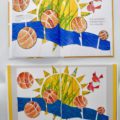
The inspiration behind the image
Analog to Digital How do the images end up in the book? Each time that we do a book reading, this question emerges, usually first from a child, but, if you glance around the room, you’ll see the adult’s heads nodding as well. There is a general understanding that the images don’t just end up […]
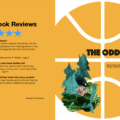
The Oddball, No Equipment Needed
Guest Author: Ashley Sollenberger, Elementary Physical Education teacher, Amber’s brother Big spaces! The setting for The Oddball is a neighborhood park. I teach in a large gymnasium. Both are big spaces. This past summer I branched out and lead some author visits to local daycare centers and early learning centers. I read in classrooms or […]
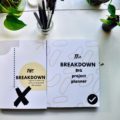
How to Get it All Done
It’s the start of a new school year, and while all of the students are new, the things that they’re nervous and concerned about, aren’t. At the start of each year as students introduce themselves, they also share goals and things that they’re feeling nervous or anxious about. Year after year, the responses are the […]

Homeschool PE Curriculum
How to use The Body Book as your homeschool physical education curriculum. As a new year begins, you’re spending a lot of time looking for curriculum materials and planning what your kids are going to do each day. Running around in the backyard or playing on a sports team might be part of your plan […]
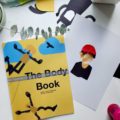
The Book That Will Make You Feel Strong and Calm
Sensory paths are becoming common parts of elementary school hallways. They give students a chance to move and take calming breaths, helping anxious feelings to move through their bodies, calming the child, so they’re ready to return to class and continue learning. The downside is that sensory walks require space, design skills, materials, and extra […]
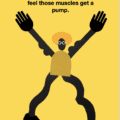
How to Illustrate Text
Author of Fixed, Amy Herman talks about the need to start with a draft whenever you’re trying to solve a problem. ” Problem-solving, like creating art, involves making a coherent narrative out of materials- or information- that one has gathered. The artist may begin with nothing more than raw materials, but the process quickly turns […]
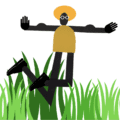
Why You Should Read Children’s Books
About a year ago, I was wandering into a children’s book store, not because I have children or searching for a children’s book but because the playful aesthetics of the space caught my attention. It looked like a store that would spark my imagination and bring joy by walking through the doors. As I walked […]
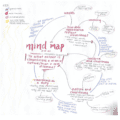
How to use Mind Mapping to Your Advantage
A few weeks ago, my husband and I purchased a stock tank to turn it into a pool. The idea of turning a stock tank into a pool is much easier than actually turning it into one. Steps to make a stock tank pool: purchase stock tank find or create a level surface place the […]
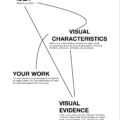
Reading Art Without a Deep Meaning
The elements and principles of art make up part of the language that artists use to communicate meaning through their work. Artists use the elements and principles as organizational tools to create a composition. As a viewer, your understanding of the elements and principles helps you “read” the work of art and unpack what story […]